Any woman who has looked into the art of placentophagy (consuming her placenta) has probably read or been told that the practice yields such pleasant-sounding benefits as improved mood, better sleep, increased bonding with baby etc. But what exactly is in this incredible organ that allows it to give postpartum Moms so many great benefits? In the following post I will elaborate a bit on the particular hormones, minerals and vitamins that the placenta contains and how they impact Mom's postpartum experience.
1. Oxytocin
The very well known "happy hormone" is also the primary pregnancy hormone. Oxytocin is produced by the placenta and one of its most important functions is to stimulate uterine contractions. Obviously useful during labor, it is also important after the baby is born, as the uterus must contract back down to its original size and clot up any bleeding that comes from the detaching of the placenta. The placenta is full of oxytocin and when consumed by Mom, it can be extremely helpful to alleviate postpartum bleeding.
2. Estrogen
This hormone has been linked to mood disruptions and feelings of depression. It is thought that the drastic drop in estrogen following birth is partly responsible for the baby blues and depression that the majority of women experience to some extent. Consuming estrogen via the placenta may help to restore some emotional balance to Mom, as well as stimulate postpartum healing.
3. Progesterone
The hormone responsible for maintaining the pregnancy, progesterone is high during pregnancy and drops dramatically to initiate labor. Progesterone can help with mental clarity and also reduces anxiety in Mom. Because it counteracts prolactin (the breastmilk hormone) it is not recommended that Mom consume too much raw placenta before her milk supply is well established.
4. Prolactin
Prolactin is the breastmilk hormone, which is why prolactin levels rise as progesterone levels drop near the end of pregnancy. The rise in prolactin is the body’s signal that its task of sustaining a pregnancy is nearing completion, but its task of nourishing a new baby is only just about to begin! Prolactin is the reason women report improved milk supply after placenta consumption.
5. Human Placental Lactogen (hPL)
The main job of this hormone is to stimulate prolactin, which in turn stimulates milk production. It is also responsible for the growth of the baby during pregnancy.
6. Prostaglandin
Prostaglandin is produced during labor and helps to stimulate uterine contractions. It also plays a big role in preventing postpartum hemorrhage, promoting cell regeneration for faster postpartum healing and can reduce inflammation after birth.
7. Corticotropin Releasing Hormone (CRH)
Besides being incredibly fun to say out loud, CRH is one of the most amazing human hormones. It is secreted during the last trimester of pregnancy and it allows the body to handle extreme amounts of stress. Some studies report that levels of CRH in a woman's body during the last weeks of pregnancy and during labor are 3 times higher than at any other time! Consuming CRH via the placenta in the postpartum period is helpful for coping with the stress of newborn life.
8. Thyroid Releasing Hormone (TRH)
TRH helps stimulate prolactin for better milk production and is also known as an anti-depressant. An obvious benefit for the postpartum period!
9. Serotonin and Vitamin B6
These two substances aid in wound healing, can affect mood and balance sleep patterns. Since Vitamin B6 helps produce serotonin, these two go hand in hand and the placenta contains both of them.
10. Copper and Iron
There is a known correlation between Mom's iron levels and her level of depression. Low iron levels tend to be associated with higher levels of depression or moodiness. The placenta is loaded with iron and can be extremely helpful in replenishing Mom's stores after she has given birth. Copper helps the body to absorb iron and is also an inflammatory mineral.
11. Selenium and Zinc
Selenium helps to balance hormones after birth and aids in uterine recovery. Zinc is a huge player in immune system support and wound healing.
12. Endorphins and Opiods
While the main purpose of the endorphins and opiods in the placenta is to relieve labor pain, they can also be extremely helpful for postpartum recovery and healing. In some cases, even if Mom requires synthetic pain medication for a C-section recovery or 4th degree tear, she can lower her dose by consuming the natural pain relievers in the placenta.
Isn't the placenta amazing? Research on the topic is ongoing and continues to associate tremendous benefits with the postpartum Mom who consumes her placenta. If you have been considering placentophagy we at My KC Doula encourage you to give it a try!


